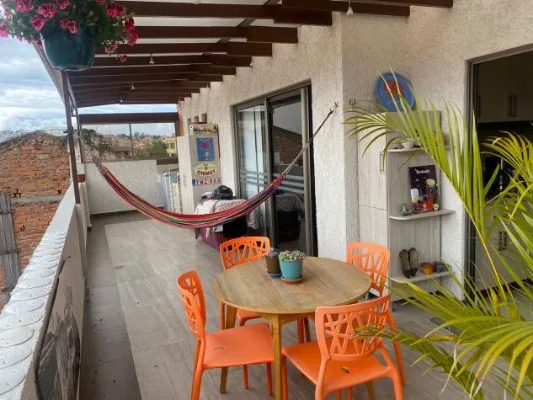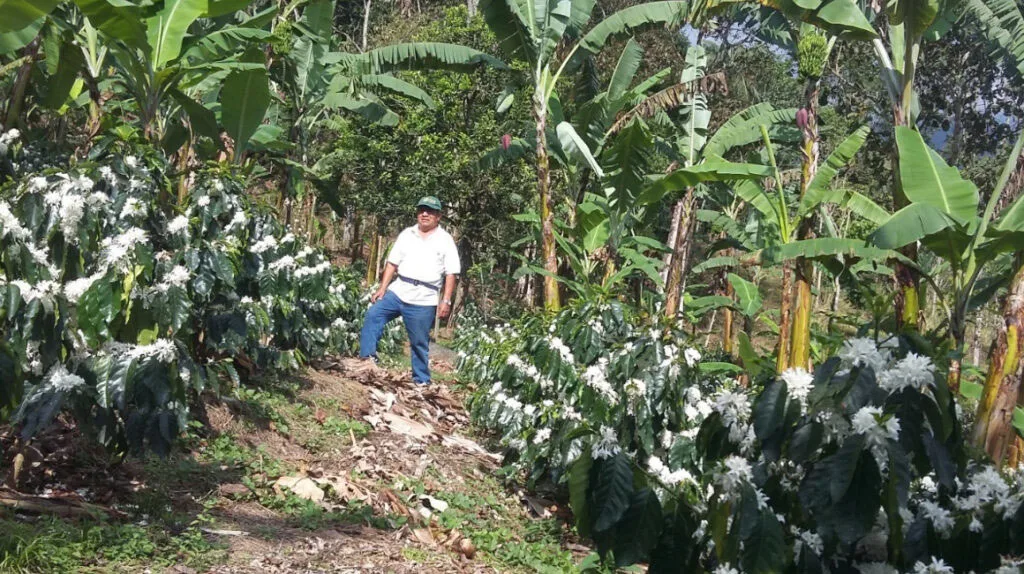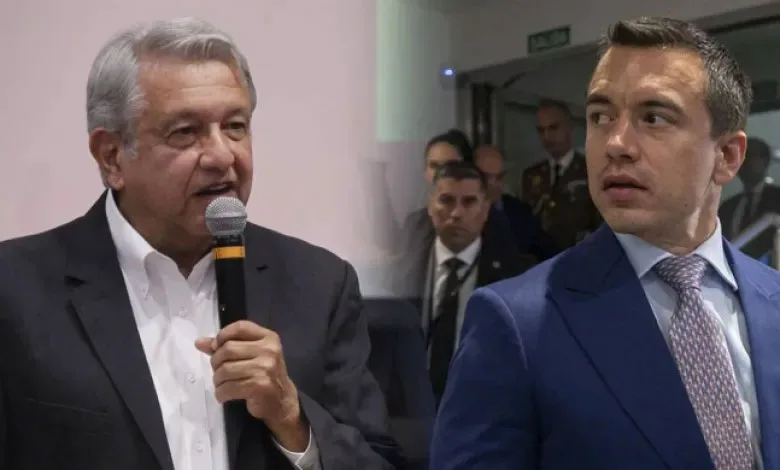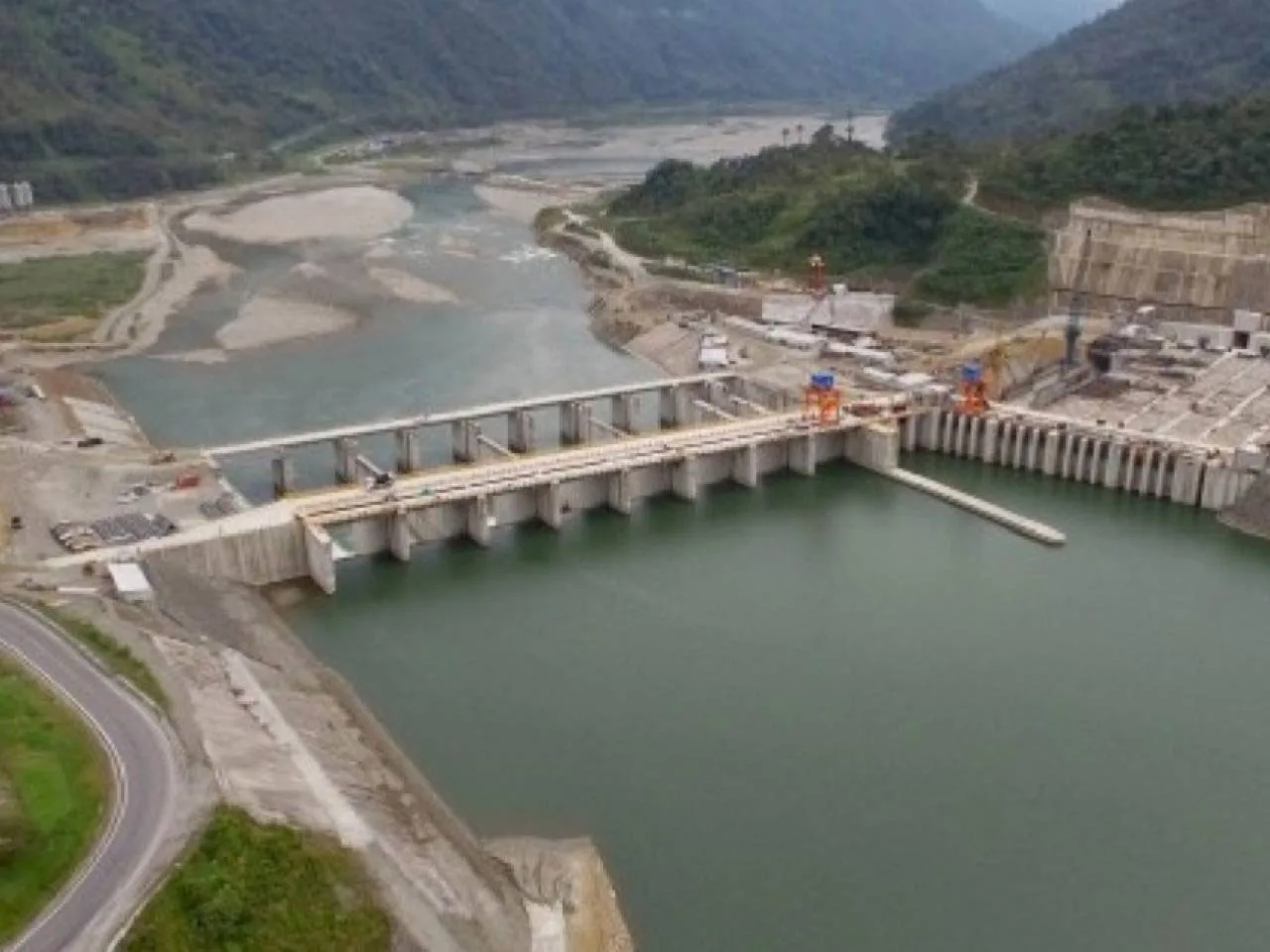The Last Utopia: As the environmental crisis worsens, what legacy do we leave our children?
Editor’s note: This is the first of an eight-part series about the climate and biodiversity crises. John Keeble is a former Guardian and London Evening News journalist. He is part of Cuenca’s thriving hiking, cycling and writing communities. You can download free his latest novel, Beyond Extinction, via www.johnkeeble.net.
By John Keeble
I wonder what our grandchildren and great grandchildren will say about us when they grow up. What do you think they will say?
Just look at the earnest faces of young protesters around the world, each demanding their rights to a planet that can support life and a future.
What would you say if your four-year-old granddaughter asked today: “Hey, Grandma, Grandpa, why have you taken so much of the world and left so little for me?”
I guess a four-year-old would not speak like that, but you can pose the question for her. She loves and trusts you.
My question: You have the wealth and influence, through your voice and your vote, and she has neither – what are you doing to protect her future as our planet heads daily deeper into climate and biodiversity crises that will wreck her world?
A major new survey – published by CBS as part of a collaboration by 250 news organisations worldwide to strengthen climate coverage – says that “Americans are waking up” to the climate crisis.

Are you leading your grandchildren up the garden path?
But, amazingly as we pour planet-heating gases into the atmosphere and reel under the weight of human pollution, the climate crisis is still split on ideological fault lines, with the kids of today as the football to kick around. Many people still do not know that 97 per cent of published scientists agree that human actions are causing the damage (NASA analysis).
“Grandma, can we be deniers? If we say we don’t need to do anything, will it all go away?”
Global heating, mass extinctions of plant and animal life, and rampant pollution are already making the world a more dangerous place – and people like us just carry on making it worse while governments take soft options to avoid damaging their economies.
Two million people a week now need help because of “intolerable” climate crisis weather, reports the Red Cross. And that number is rising rapidly.
The climate crisis – many, including the Red Cross, call it the “climate emergency” – is real, it is here, and it is set to affect everyone alive today and future generations.
Baby Boomers get a lot of flak for their role in wrecking the world but, with some exceptions, I cannot believe they intended to do it.
Overall, in my experience since my December 1945 debut in southeast England, they tended to naively believe in a utopia that would keep getting better for everyone.
Now reality is kicking in. We are realising our last utopia was not a free lunch provided by the planet – and that future generations will have to pick up the bill.
My questions: How much responsibility do you have for the future? Is it enough to buy today’s children nice gifts for their birthdays and do nothing to save them from disasters of the coming decades?
Just look at what is happening now. Crisis events are killing people, cutting food supplies around the world, forcing migrations while rich countries build political and military walls to keep refugees and migrants out. Pollution has reached killer levels, and human actions are forcing unprecedented rates of animal and plant extinctions… both vital to human survival.
At the extreme, human extinction is predicted if the down spiral of adverse conditions is not arrested.
It is the young generations who are taking on the fight for the survival of their world and their future.
A major handicap for them is that older generations hold the levers of power and, judging by current actions and refusals to act, they are content to grab everything.
On the street, the reaction among older people is not observably very different. Most seem paralysed by the overwhelming complexity of threats to our world and their own reluctance to make changes to lifestyle they find comfortable.
“Sorry, darling, we can’t do anything. But Grandma and Grandpa really love you. Would you like us to take you to McDonalds for a treat?”
Among the damaging aspects of the situation is the legacy of expectation and sense of entitlement: older generations pass on – effectively train – younger family members to live in their image… environmentally expensive diets, consumer goods, rising quality taking more resources, air travel and so on.
The dilemmas of morality have never been more stark:
* Our profligacy or the needs of future generations;
* Our continued pollution or the lives and homes in poorer nations already suffering climate extremes;
* Our diets or the lives of land and sea animals;
* Our tribal politics and economics or control for recovery and preservation to leave something for future generations.
The world we have created since the post-World War Two economic boom is using the planet’s resources so fast that it would take 1.75 planets to keep up. Pollution is so bad that it is killing the seas, the land and much of the world’s life. Every breath you take contains microplastics and other pollutants, every mouthful of food contains chemicals of some kind.
The unceasing growth in human populations and the need to feed them are taking the habitat and lives of wildlife and plants. The seas are rising and climates are becoming more violent as the world overheats.
As Richard Attenborough said: We are “a plague on the earth”. A virus that exterminates everything in its path.
Okay, so now you are lamely thinking “What can I do about that?” as you reach for another glass of wine.
My question. “Are you fighting for your grandchildren and their children’s future? You have a voice; they are voiceless. You can change your lifestyle to help. You can vote for political candidates who will fight for the future. You can demand your representatives protect your family’s future.”
Do you remember when we were 20 and thought we could do anything? This is the moment to do it.
















